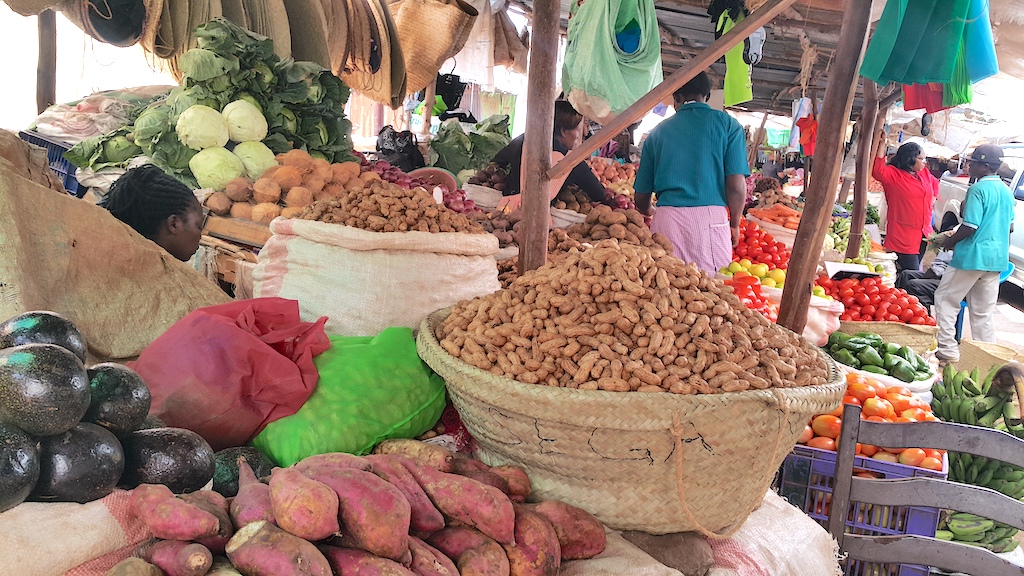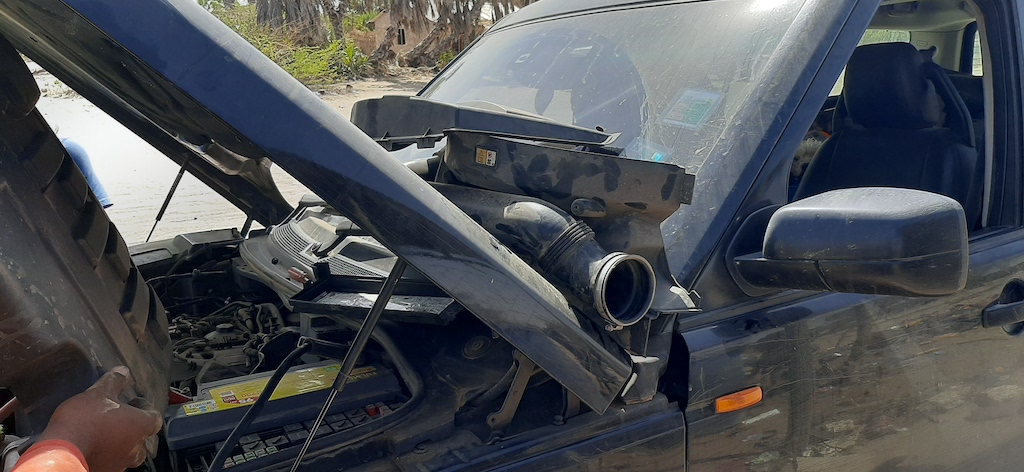Her broken Swahili helped expat writer Agatha Verdadero escape an angry Somalian herder demanding payment for his stolen camels.
When it comes to language gaffes, my favourite is that made by President John F Kennedy in West Berlin on 26th June 1963. The charismatic American leader proudly proclaimed to the German crowd “Ich bin ein Berliner”. Thus, an urban legend was born. Some translated his statement jokingly to mean “I’m a doughnut” (a Berliner is a type of the fried pastry) instead of “I’m a citizen of Berlin” because of his use of the article “ein”.
Of course, the sentence was grammatically correct in referring to the latter, but people needed a good laugh in those days of the Cold War between the United States of America and the Soviet Union. It illustrated how even the most trivial of linguistic nuances can become a reason for shining a spotlight on the gaping chasm between two tongues.
Differences in Swahili
Swahili is the lingua franca of East Africa. And although I finished my Swahili language course with high honours, it didn’t automatically translate to proficiency out on the street. Nairobi wasn’t the ideal place for practicing my fourth language, when even a public bus driver or roadside seller spoke English.
To keep things fresh in my mind, I resorted to initiating conversations in the local language. But as soon as I spoke in halting Swahili, many Kenyans became instantly impressed and took it upon themselves to further my education. Their usual response was to begin a fast-clipped babble in their native language about something. I often had to interrupt them by saying, “Pole sana lakini sielewi ikiwa unasema haraka-haraka.” (I’m sorry but you are talking too fast).

Through these conversations, I discovered that the Swahili I learned in language school was Swahili barabara or proper Swahili, which was more a Tanzanian artifact than a Kenyan obsession.
For example, “Ningependa kununua chupa cha maji (I would like to buy a bottle of water)” was a ridiculous string of words to Nairobians when “leta maji (bring water)” worked just as well for them.
However, when I found myself in Arusha, Tanzania, after a gruelling three-day bike ride from the Kenyan capital, even my Kenyan companions themselves decided to be on their best behaviour and to use polite Tanzanian Swahili phrasing. Because Tanzanians spoke at a much slower pace, I was in my element when I flexed my FSI-workbook vocabulary. (Foreign Service Institute, the publisher of the language school bible).
From that experience, I remembered a joke taught by my teachers: “Swahili was born in Tanzania, grew up in Kenya, and died in Uganda.”
Some years later, when I visited the Ugandan capital of Kampala, I was able to experience firsthand that it wasn’t a joke at all.
Stealing camels
Even if I wasn’t very proficient in spoken Swahili, I’m glad that the words, grammar, and syntax have kicked in when I needed them the most: in emergency situations.
Early this year, my friends and I travelled to the Last Frontier of Kenya, the Turkana region in northern Kenya. We aimed our compass toward Lake Turkana and the Chalbi Desert.
With all the rough driving we did through sand, rock, and brush, our rented Land Rover eventually sputtered to a dead halt in the middle of nowhere, twice. Each time it did, my friend managed to get it running again, together with a lot of prayers. When it gave up the ghost a third time, we were finally within the boundary of a nondescript town. Ramschackle structures scattered broadly across the dessert are the only sign of civilisation.

By sheer coincidence, we had broken down no more than fifty metres away from a vehicle repair shop. I explained our situation to bystanders, in all the Swahili I could muster. Thankfully, an English-speaking young man showed up, before I ran out of words from the Swahili kamusi (dictionary) in my head.
After the mechanic rigged a temporary fix in the car’s electricals, our travelling trio (plus my little furbaby) took the opportunity to drive to the outskirts of town and take photos. We came upon a few hundred camels traversing a dry river and one friend immediately set about shooting their best angles.
Suddenly, a visibly irate Somali herder appeared out of nowhere and began to shout at us, while blocking our forward motion with his body. In broken English, he accused us of “stealing” his camels and demanded payment for our transgression.
In my broken Swahili, I appealed to his better nature to forgive the ignorance of our party. He flatly refused. We all knew we were treading on dangerous ground. It was the nightmare scenario guidebooks had warned about as a possibility in the area.
But by some miracle, we were able to manoeuvre out of his way after what felt like millennia. Under a barrage of the herder’s cursing and soul-searing glare, we drove away slowly, still kowtowing and repeatedly saying, “Pole sana. (We’re very sorry).” It was only when we had a good kilometre between us and the camel guy that I was able to breath again.
I wasn’t sure if my Swahili had any effect on him at all, but I saw how helpful it can be to learn your new country’s official language. As my friends and I dissected the incident, we acknowledged that we had played with fire and shouldn’t do it again.
Meanwhile, I personally felt more determined to master Swahili to prepare better for similar difficulties in the future. You never know when your knowledge of a new language may spell the difference between protection and peril.
What's Your Reaction?
Agatha Verdadero is a writer and editor from Nairobi, Kenya. She finished her MFA in Creative Writing at De La Salle University Manila (with high distinction) and her BA Humanities at University of the Philippines Diliman (cum laude). While not immersed in her work or playing with her fur baby Sam, she does extreme adventures in the wild




